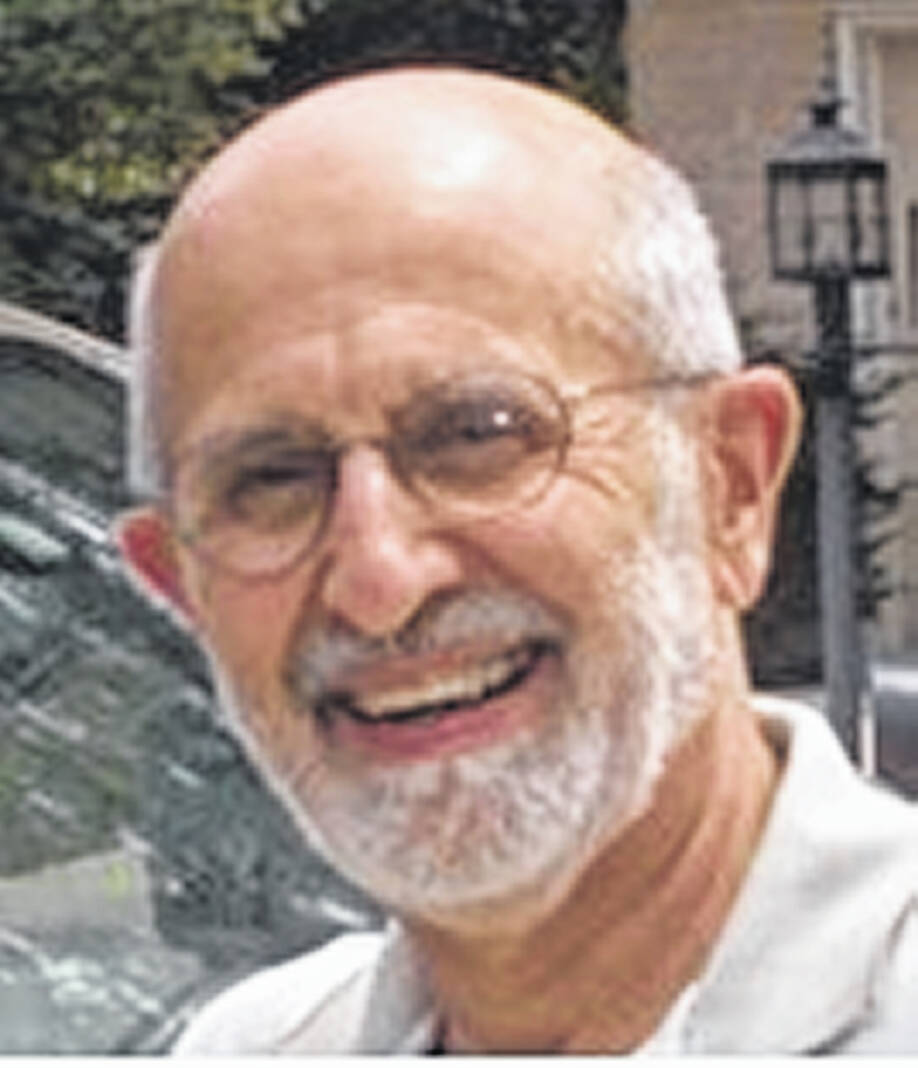
In my Friday columns for June, we’ve been looking at Robert Wubbolding’s 4-step Reality Therapy counseling method, WDEP, as an approach for dealing with issues that are troubling us.
Three weeks ago we asked, “What do you WANT?” Then, “What are you DOING to get what you want?”
Last week it was, “How’s that working out for you?” (That was the EVALUATION question).
Such an evaluation might lead to changing what you’re doing to get what you want, (avoiding Einstein’s definition of insanity: “Doing the same thing over and over again, expecting different results”).
On the other hand, it might help you recognize that what you want is not possible at the moment, or at all, encouraging you to change what you want to something more realistic and achievable, not ruling out going for something more challenging – dreaming an impossible dream and finding that it’s possible.
Bottom line: Something’s gotta change! How are you going to go about it?
Or to complete the mnemonic device, WDEP, “What’s your PLAN?
Theologically, if you’re so inclined, you might ask, “What’s God’s plan for you for now?”
No question about it, if you put it that way, that’s a tough one to answer. It takes me back to when I was teaching seminars for pastors who were in mid-career, some struggling with their calls.
I was assigned to preach a sermon on a particular day near the end of the week as they were moving toward discerning God’s will for their lives. One of the passages of Scripture suggested was Matthew 8:5-10, 13, the story of a Roman centurion who approaches a Jewish Jesus with a request to heal his servant lying at home paralyzed.
When Jesus agrees to go with him, the soldier shows great boldness and faith by saying, “No Lord, I’m not worthy to have you enter my house, but just say the word and my servant will be healed.” In other words, he came to Jesus not only to request something; he had a plan!
Jesus is so impressed that he responds, “Go, let it be done for you according to your faith.”
What this encounter might say to us is that though we often struggle to know God’s will and can’t seem to discern it, contrary to the Reformed Christian principle that our lives are to be in response to God’s will – “God speaks, and we respond,” – sometimes it’s the other way around – “We speak, and God responds.”
In other words, sometimes you can just tell God what you want with full expectation and faith that it is, (or could be), God’s will for you and that God will endorse it!
If that’s not so, you’ll soon know, which is a call to recycle through the WDEP steps with a different want and a plan to fulfill it.
A final note, drawn from the horrible massacre of children in Texas a few weeks ago… Remember, the questions we’ve been asking can be applied to various areas of our lives: vocation, relationships, personal decision making, and let’s add even more broadly, the work environment, and social and political arenas.
Then let’s ask, what do you want, what do we as a society want, with regard to yet another mass killing of innocent children with a weapon of war? What are we and our elected officials doing to reduce such unnecessary violence with sensible solutions to avoid the heartbreaking results of current policy or lack thereof?
Let’s evaluate and ask – how’s that working out for us? Not very well.
So, what’s our plan? Do we, or can we, even have one?
Or, are we NOT doing anything, time and time again, expecting different results?
In public and personal areas of our lives, WDEP can work for us, and note I say, “us.” I’m also preaching to myself!
Jim Graham is a retired Presbyterian minister.
This weekly column is provided to the News Journal on a monthly rotation basis by members of the Wilmington Area Ministerial Association.


